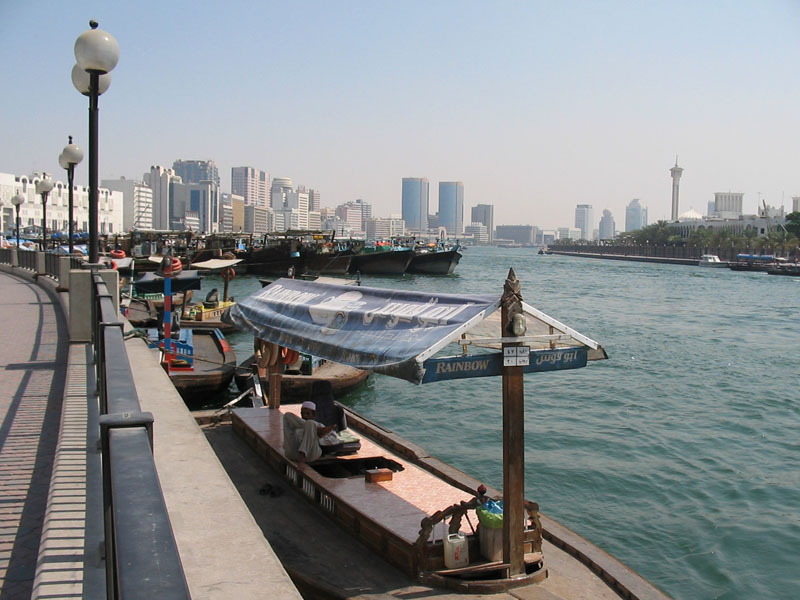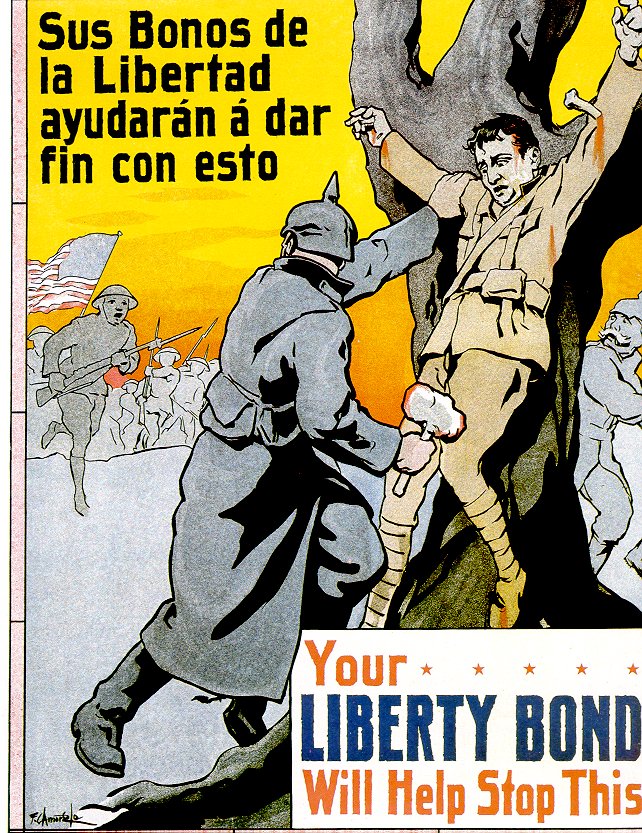Dubai, nationalism and globalization



My commentary on the Dubai/ports controversy and what it means (a chllenge to globalization by the rising forces of nationalism), which originally appeared in the Singapore Business Times was posted today in antiwar.com:
March 17, 2006
Saying Good Bye to Dubai; Bidding Adieu to Globalization?
by Leon Hadar
Philip Bobbitt's The Shield of Achilles: War, Peace, and the Course of History (Alfred A. Knopf) received a few glowing reviews when it was published in early 2002 but did not get much attention beyond the confines of think-tanks and academia.
Perhaps the book was too heavy for the broader readership (well, with more than 1,000 pages, it certainly was) and it is quite possible that in the aftermath of the Sept. 11, 2001 terrorist attacks on New York and Washington, not a lot of people were interested in reading a Big Picture analysis on the future of globalization.
But, in fact, the scenarios about the prospects of globalization drawn up by Bobbitt were – and are – very relevant to any discussion of the post-9/11 global reality and the campaign against terrorism. If anything, as the controversy over the sale of US port operations to an Arab-owned company has demonstrated, the kind of American nationalist fury that exploded after 9/11 and the ensuing Afghanistan and Iraq wars that have helped ignite Arab and Muslim rage and stir up anti-American sentiment worldwide could become a volatile political mix, and together with more economic nationalist pressure in Europe and the coming to power of left-wing governments in Latin American could end up blowing up the open global economic system, with its emphasis on the free flow of products, investments and people.
Or to put it differently, rising sense of nationalism that manifests itself in antagonism to the "other" – Arab companies in the United States, American companies in Latin America, Arab immigrants in Europe, Latin immigrants in the United States – are likely to provide momentum to the forces of economic nationalism and prove to be the most serious challenge to the idea of globalization.
In his book, Bobbitt sketches the outlines of three possible worlds that could be brought into being by the choices that nation-states, and in particular the global hegemon and other leading powers, make in response to the political, economic and cultural pressures that globalization produces:
First, there is the world of The Meadow that is a society of states in which entrepreneurial "market-state" – replacing the archaic nation-state – has become predominant. In this world, success comes to those who exploit the fast-moving opportunities brought about by high technology and the global market which transcends the borders of the state. The United States, the political-military and economic hegemon becomes the locomotive the drives this global transformation by providing the global "public goods" that are necessary in order to maintain the open system, including by forming coalitions aimed at containing military aggressors and leading the efforts to liberalize trade and investment.
Then there is the world of The Park which reflects an international society in which the values and attitudes of the managerial market-state have prevailed and government plays a far larger role in defining the common interest and using the political power of government to assert that interest. Political and economic interest groups play a crucial role in determining policy outcomes in Washington (and other world capitals). The global economy is being grouped in competing regional markets: a U.S.-led hemispheric bloc; the European Union; an East-Asian system dominated by China.
Finally, there is The Garden in which government's role is less a regulatory and more a central-supportive one, providing long-range strategic planning based on the perceived good of the national society where a sense of common identity based on ethnicity, religion and race overrides individual assertiveness and the power of interest groups. The states here have become more and more protectionist, ethnocentric, and more protective of their respective cultures, creating the condition in which international conflicts, ranging from trade war to military confrontations become more likely.
Bobbitt had written the book during the height of the roaring 1990s, during which political and economic elites, the Davos Men and Women were quite confident that globalization – dramatized by the growing flow of trade and investment across borders, the integration of the former Soviet bloc and China, a booming Wall Street and the birth of the Internet – would indeed create a global political, economic and cultural environment in which would resemble The Meadow. Those were the years when pundits were speculating about the Decline of the State and the rise of the Sovereign Individual and proposing that in a world of corporate mergers, rising immigration, and peaceful coexistence, the answer to "Who is Us?" was not as simple as it used to be.
When the book was published against the backdrop of the bursting of the high-tech bubble, a bearish stock market and 9/11, things were starting to look a bit different. "Us" was suddenly perceived as a national community being under attack by pre-globalization (pre-modern, some would argue) religious fanatics. We were discovering that the Dow would not rise forever to the stratosphere and that the Business Cycle was still alive and well. In fact, Bobbitt warned in the book that a failure by the United States to lead the campaign against terrorism through a multilateral front combined with protectionist pressures in the US would make it more likely that the international system would take the form of The Park and encourage the creation of regional security and economic blocs. In retrospect, he seems to have been too optimistic.Read More
Comments